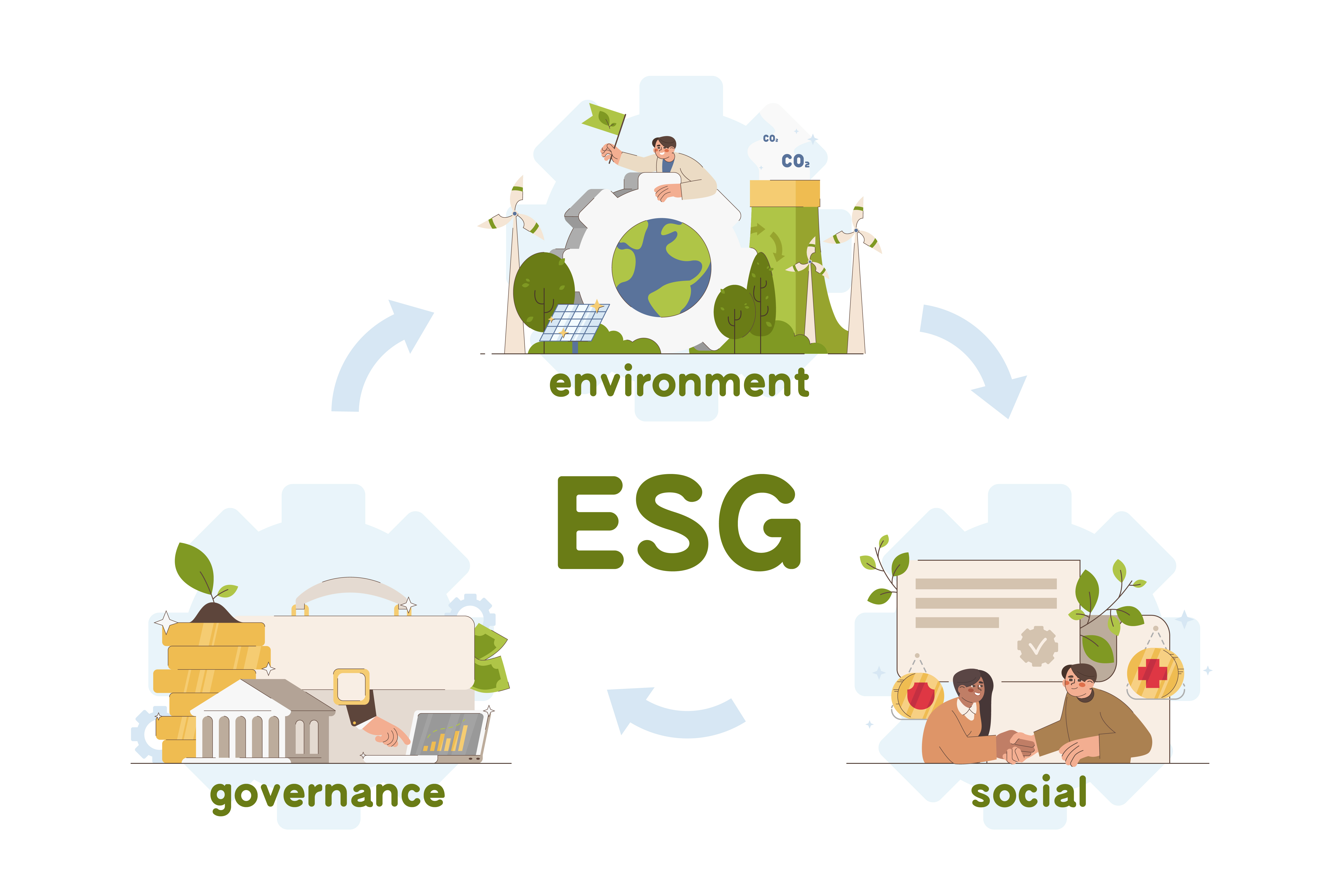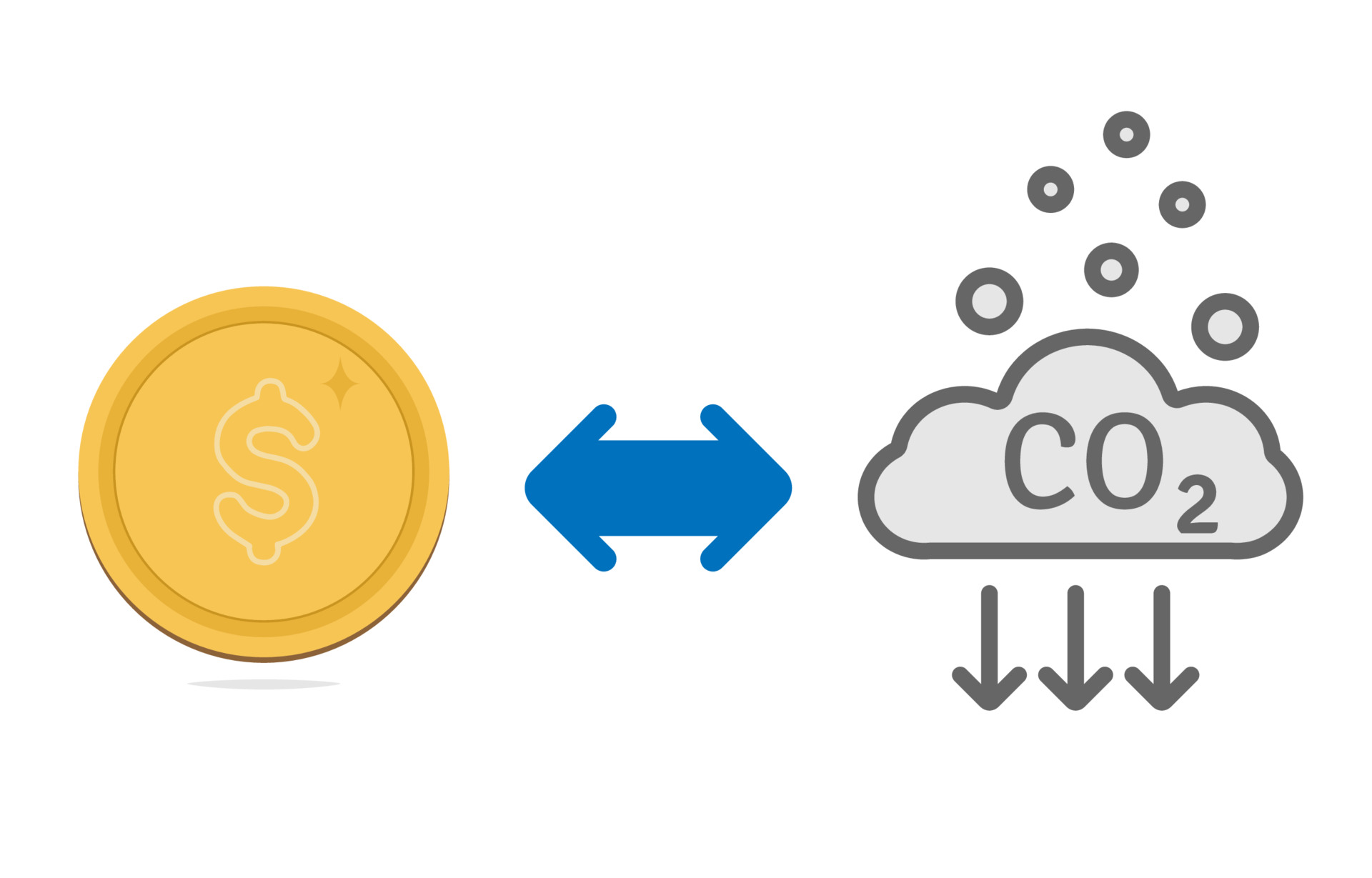Progress on Indonesia's OECD Accession
The Indonesian government is taking strategic steps to respond to globalization and global economic competition, one of which is the process of accession to the Organisation for Economic Co-operation and Development (“OECD”).Indonesia became an accession candidate after the OECD Accession Roadmap was ratified in May 2024 (Coordinating Ministry for Economic Affairs, 2024). The OECD is an international organization comprising 38 member countries that represent approximately 80% of global trade and investment (Ministry of Finance, 2023).
As part of the OECD accession process, Indonesia will undergo an in-depth review by 22OECD substantive committees. Each committee will provide formal opinions to the OECD Council after completing their technical reviews, covering six main policy areas, including Environment, Biodiversity, and Climate (OECD, 2024).Additionally, the roadmap includes appendix that outline the "Core Principles" for the technical review of each OECD committee. The Environmental Policy Committee has set 22 principles, including the development and implementation of effective and ambitious environmental strategies to achieve Net-Zero Emissions by 2050, targeted policies for biodiversity conservation, sustainable water resource management, and integrated approaches to waste and material management. Policies also include air pollution control, environmental law enforcement, and the integration of environmental considerations into economic policies (OECD, 2024).
Indonesia's Readiness and Environmental Challenges
One of Indonesia's efforts in the environmental sector as part of the OECD accession process is a significant energy transition. The Indonesian government has adopted various policies and regulations to promote clean energy use and reduce reliance on fossil fuels. A crucial step was the ratification of the Paris Agreement into Law No. 16/2016, demonstrating Indonesia's commitment to climate change mitigation and adaptation. Optimism about achieving higher emission reduction targets to reach Net Zero Emission 2050 is reflected in Indonesia's2022 Enhanced Nationally Determined Contribution (ENDC) (Rohma, 2024).
This step is followed by related regulations, such as Presidential Regulation Number55/2019 on Accelerating the Battery Electric Vehicle Program for Road Transportation and Government Regulation Number 112/2022 on Accelerating Renewable Energy Development for Power Supply. Besides the regulatory framework, the government strengthens its commitment through significant budget allocations for climate change programs, including funding for green projects and implementing a carbon tax for conventional energy industries.
In the electricity sector, the government has designed various programs to promote the development of New Renewable Energy (“NRE”). These programs include biodiesel subsidies and financing for NRE projects. Currently, the government is initiating an integrated electric battery industry project in the Batang Integrated Industrial Estate, Central Java. This project also includes projects in other regions, such as nickel mining and smelters in Morowali and Halmahera, planned refinery, precursor, and cathode industries in Batang, a battery factory in Karawang, and plans for an electric car factory in Cikarang (Abisono, 2024).
However, this energy transition process faces various challenges, including government dominance in initiatives with limited civil society involvement. The COVID-19 pandemic adds complexity to Indonesia's energy transition efforts. The national economic recovery plan post-pandemic still relies on fossil energy, as it includes electrification subsidies for various community groups still using conventional energy (Rohma, 2024). Furthermore, Indonesia's energy transition, particularly in developing new renewable energy technology, is hindered by geographical disparities between supply and demand locations and the high investment required for the necessary technology (Al Huda, 2023).
Another challenge is the urgency for the government to minimize conflicts in regions during the energy transition process. In the environmental aspect, nickel mining projects cause environmental damage. In Konawe, sea and ground water pollution reduce fishermen's catches. Mining in Morowali causes respiratory diseases and clean water shortages for residents. In Halmahera, industrial waste pollutes agricultural land and water sources. Besides environmental impacts, nickel mines and smelters lead to human rights conflicts. In East Halmahera, nickel mining operations destroy the Tobelo Dalam indigenous forest. In North Morowali, clashes between local and foreign workers at mining company result in two worker deaths. The low safety standards at this company also cause fatal workplace accidents (Djamhari et al., 2024).
Reflection
The Indonesian government continues to strengthen its commitment to energy transition and environmental sustainability in the OECD accession process. However, questions arise about how various policies, regulations, and financial support can help achieve net-zero emissions and green development, ensuring the smooth OECD accession process as the ultimate goal. Collaboration and community involvement will be key to ensuring the success of these steps in supporting government programs and policies. (SRS)
References
Abisono, Fatih Gama. “Di Bawah Bayang-BayangPerubahan Iklim: Transformasi Negara Pembangunan dan Agenda Transisi Energi diIndonesia.” Politika. Vol. 15. Number 1 (2024): 95-118.
Al Huda, Ahmad Kharis Nova. “Transisi Energi diIndonesia: Overview & Challenges.” Buletin Pertamina Energy Institute.Vol. 9. Number 2 (2023): 49-61.
Coordinating Ministry for Economic Affairs of theRepublic of Indonesia. “Kesiapan Indonesia Dalam Proses Akses MenjadiAnggota OECD.” Accessed at https://www.ekon.go.id/publikasi/detail/5801/pemerintah-terus-maksimalkan-proses-aksesi-oecd.
Djamhari, Eka A., et al. Melacak JejakPembiayaan: Dampak Lingkungan dan Sosial Industri Nikel di Indonesia. (Jakarta: Perkumpulan PRAKARSA, 2024).
Ministry of Finance of the Republic of Indonesia. “PemerintahTerus Maksimalkan Proses Aksesi OECD.” Accessed at https://media.kemenkeu.go.id/getmedia/42072dc6-6876-4c3b-b051-6c7c939fe7e0/SP104-Kesiapan-Indonesia-dalam-Proses-Aksesi-Menjadi-Anggota-OECD.pdf?ext=.pdf.
Organisation for Economic Co-operation andDevelopment. Roadmap for The OECD Accession Process of Indonesia. Published onMay 2, 2024.
Rohma, Masitoh Nur. “Analisis Diskursus PembangunanBerkelanjutan dalam Upaya Transisi
Energi Indonesia Tahun 2015-2022.” Jurnal Hubungan Internasional Peradaban.Vol. 2. Number 1 (2024): 1-30.


